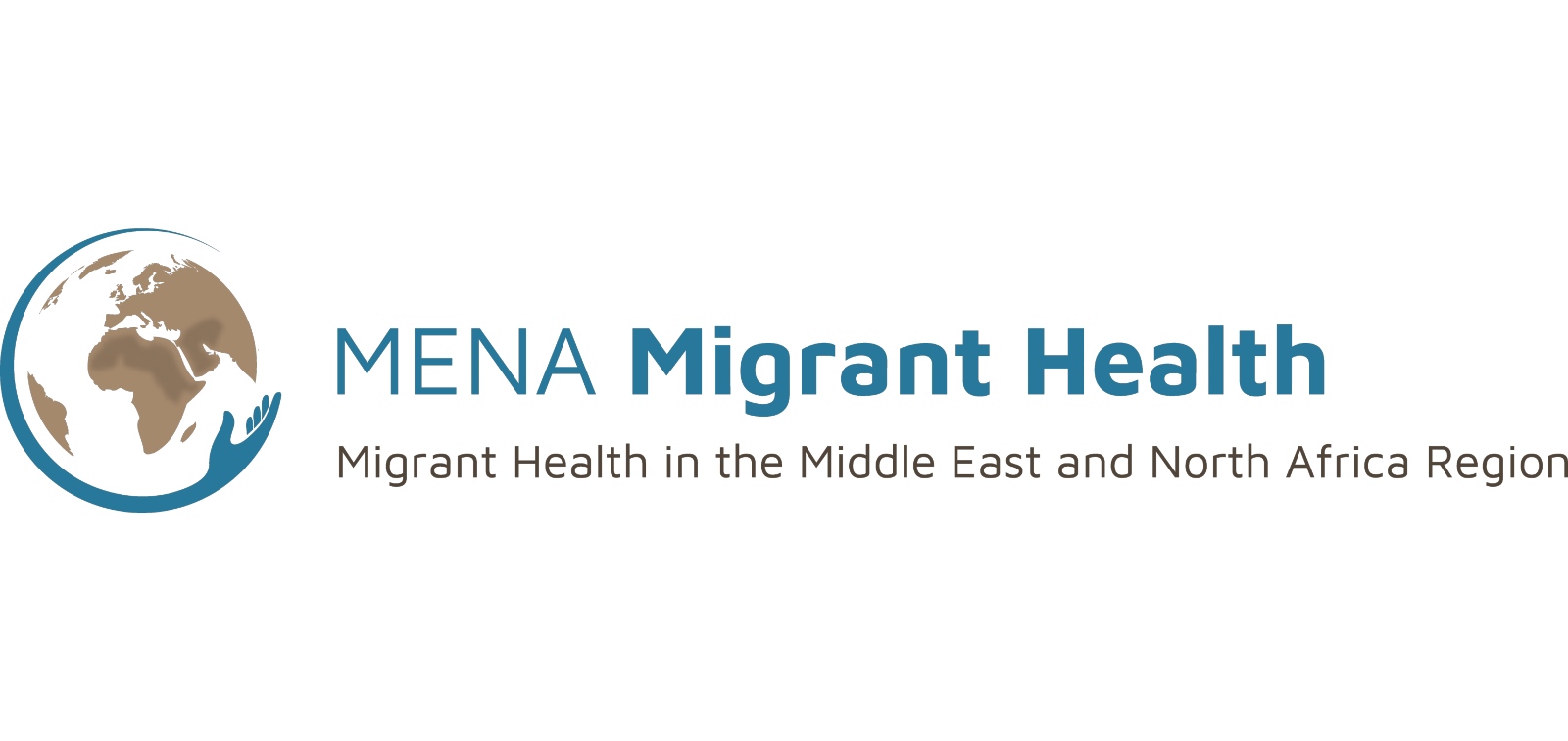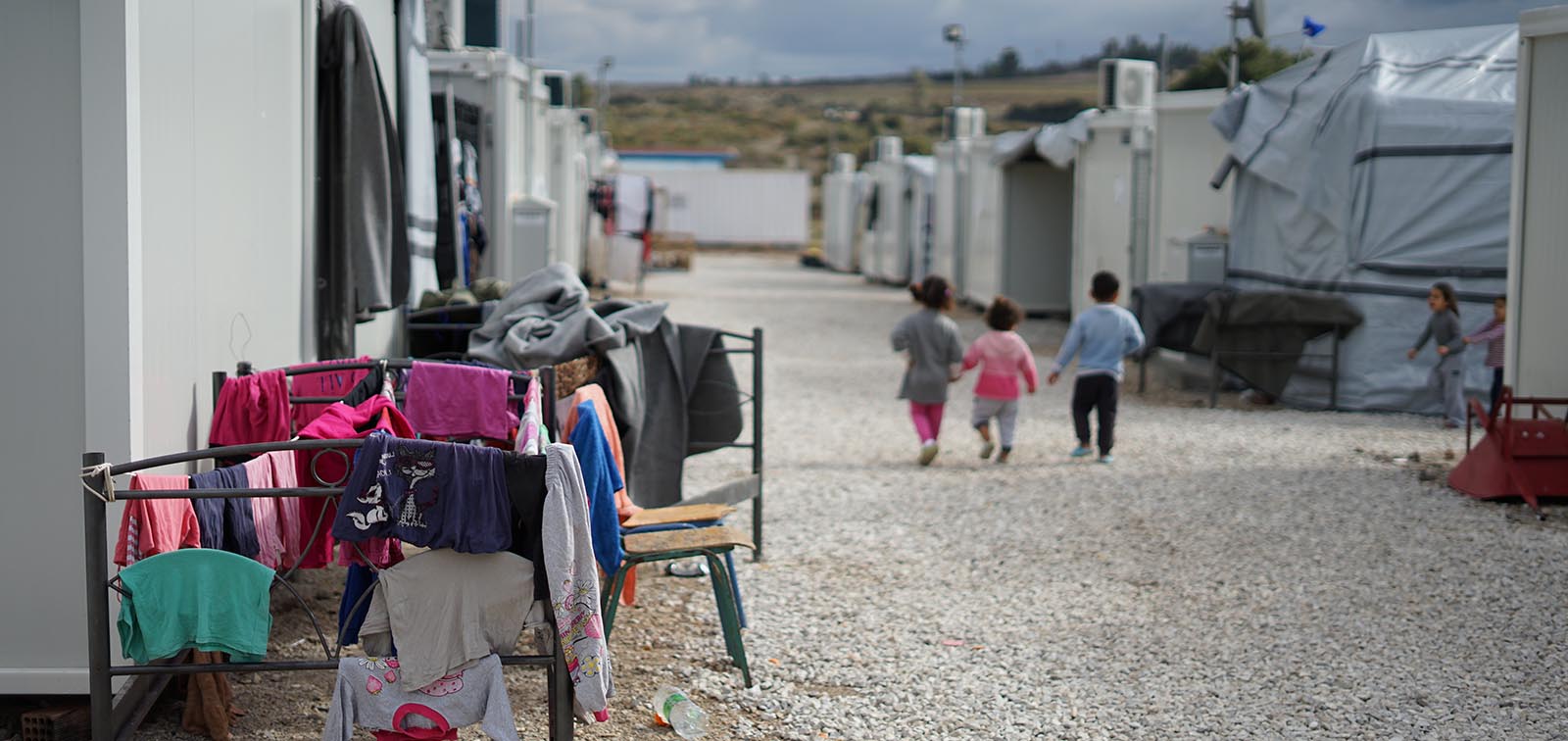MENA Migrant Health
Transforming data collection and surveillance to drive migrant health research, care and policy

- Duración
- 2022-2025
- Coordinador
- Ana Requena
- Financiadores
- Foundation “la Caixa”/ Mobility – Global Medicine and Health Research programme
- Página web
- https://menamigranthealth.org/
Migrant populations often live in precarious conditions with limited access to health care. The lack of epidemiological data on the major health problems affecting these populations hinders adequate health services and policies.
The MENA Migrant Health project aims to overcome this barrier by designing new tools for data collection and analysis, as well as developing community-based research and practice that will ensure the future and continuous improvement in migrant health prevention and care.
The project is developing the Migrant Health Country Profile tool (MHCP-t) that will inform healthcare practitioners and policymakers on how to effectively monitor and respond to migrants' health needs on multiple infections and other key diseases, as well as vaccination coverage. A prototype of MHCP-t will be initially tested in Morocco, Tunisia and Sudan, and later rolled-out in Algeria, Libya, Egypt and Yemen.
The implementation of the MHCP-t will provide access to an unprecedented database as well as analysis tools on migrant health in the MENA region. Thus, strengthening data collection, facilitating cross-country comparisons and transforming service delivery and policy-making around migration and health.
To deploy the MHCP-t tool in different countries of the MENA region, the consortium will collaborate with local and international organizations that aim to improve the health of migrants in this region while holding approaches as different as research, management as well as health and social care, or the creation of more effective and equitable health policies.
Total Funding
€1,499,996
Nuestro equipo
Principal investigator
-
 Ana Requena Méndez Assistant Research Professor
Ana Requena Méndez Assistant Research Professor
ISGlobal team
-
 Sara Arias Lázaro Coordinadora de país (Marruecos)
Sara Arias Lázaro Coordinadora de país (Marruecos) -
 Stella Evangelidou Investigadora postdoctoral
Stella Evangelidou Investigadora postdoctoral
Otros proyectos
Ver proyectos pasadosNHEPACHA
Nuevas Herramientas para el Diagnóstico y la Evaluación del Paciente con Enfermedad de Chagas
Estudio inmunológico de la vacuna RTS,S
Estudio de correlatos de protección frente a la malaria después de la vacunación con RTS,S/AS01E: Una evaluación inmunológica exhaustiva en el ensayo clínico de Fase III, doble ciego, aleatorizado, multicéntrico con un grupo control
Euroleish.net
Control of Leishmaniasis. From bench to bedside and community
GREPIMER
Grup de recerca en patología importada i malaties emergents i re-emergents
TESEO
Nuevos regímenes de quimioterapia y biomarcadores para la enfermedad de Chagas
ASINTMAL
Unravelling Disease Tolerance and Host Resistance in Afebrile 'P. falciparum' Infections: a Prospective Study in Mozambican Adults
ADAM
Administración masiva y focal de fármacos antimaláricos para avanzar hacia la eliminación de la malaria en Mozambique: acelerando la implementación de programas y políticas
Science4Pandemics
Citizens engagement digital platform for collective intelligence in pandemics
HIDDENVIVAX
Novel organ-on-a-chip technology to study extracellular vesicles-mediated cryptic infections in Plasmodium vivax malaria
Subclinical Infections in Children and Long Term Health Effects
Infection acquisition in early life and health outcomes in childhood - MARATO TV3
Herramienta innovadora de detección de enfermedades y vacunación a población inmigrante en riesgo en España
Project Code: PI21/00651
Impacto de las coinfecciones en el balance de respuestas de anticuerpos y linfocitos T helper a antígenos diana de inmunidad natural y vacunal frente a patógenos humanos prominentes
Project Code: PI20/00866
EpiGen
Building Scalable Pathogen Genomic Epidemiology in Ethiopia
MalTransc
Transcriptional regulation of adaptation and developmental decisions in malaria parasites: from epigenetic variation to directed transcriptional responses
BOHEMIA
Broad One Health Endectocide-based Malaria Intervention in Africa
RESPONSE
Mechanisms of the transcriptional responses to changes in the environment in the malaria parasite Plasmodium falciparum
VivaxEVTalk
Extracellular Vesicles as Intercellular Communicators and Biomarkers of Cryptic Erythrocytic Infections in Plasmodium vivax malaria
VaMonoS
Unravelling the heterogoneity and function of monocytes in vaccination and immunity to malaria
CLIMSOCTRYPBOL
Insight on climate and social participatory research for integral management of vectorborne zoonosis caused by Trypanosoma cruzi and Leishmania spp. in the Bolivian Gran Chaco.
SexMal
Social affairs and sex in P. falciparum: implications for malaria elimination
MESA
La Alianza Científica para la Erradicación de la Malaria (MESA) tiene como objetivo avanzar en la ciencia de la erradicación de la malaria.
SMART
Identifying Severe Malaria with a new Aptamer-based Rapid diagnostic Test
GlycoTargets
Nuevas terapias antimaláricas dirigidas contra las vías de glicosilación de 'Plasmodium falciparum'
GenMoz
P. falciparum genomic intelligence in Mozambique





